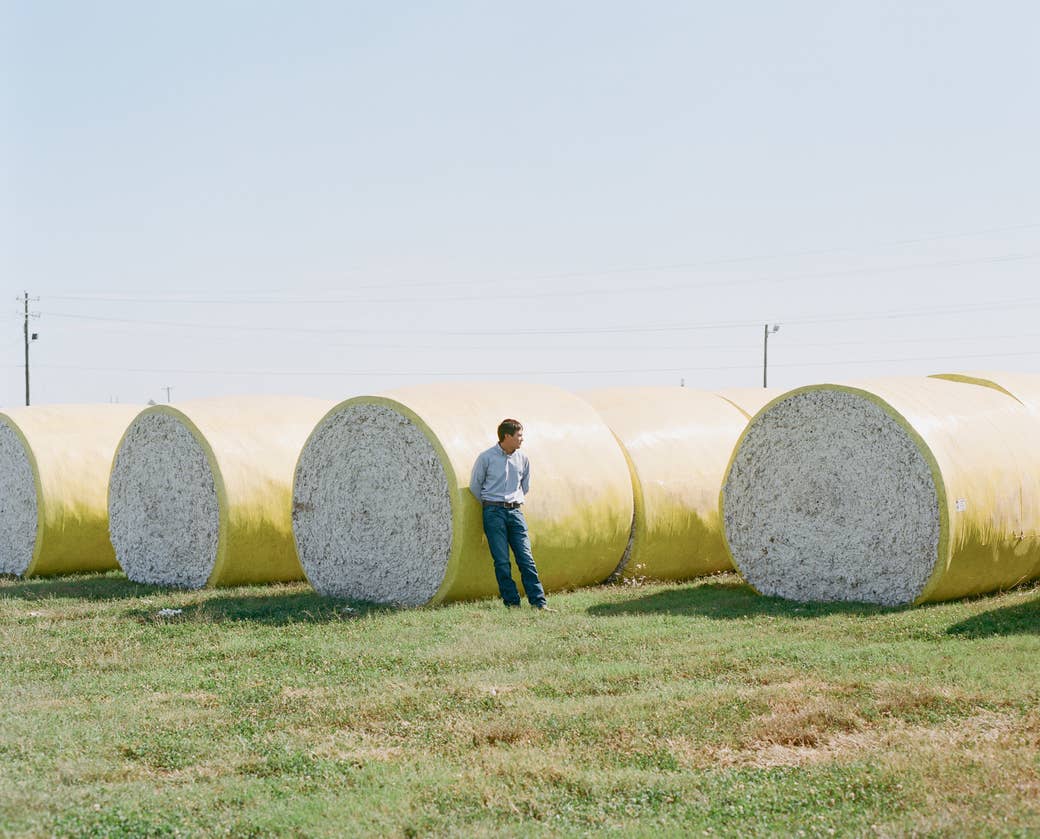
There is no such thing as a monolithic community, be it in a rural town or the nebulous notion of what it means to be an American. Long before Minari — a film about a family of South Korean immigrants in the 1980s — hit theaters, Emanuel Hahn and Andrew Kung explored Asian communities in the Mississippi Delta. The pair interviewed almost 20 people, including fourth-generation farmers and grocery store owners for a singular oral history project that launched in 2018. Many of the people they found living in the Delta were older, and the far-flung community was reluctant to talk to outsiders or address the racism that they had endured over the years.
Hahn emphasized that there are many unique Asian communities within the United States, each worth exploring in their own right. He took the time to discuss this project, and why documenting the depth of the Asian American experience is so important.
You mentioned in the original piece that a lot of young people are moving away from these areas. What does the older generation think about that?
We asked them about that, and they say, like, you know, What are they going to do here? They see it from a practical standpoint. They do know that all the jobs are elsewhere. They don't want their kids to take over their grocery store. They ran the grocery stores because it was the only thing they could do back then. But they did all of that for their kids and a lot of their kids did really well.
There are a very small number of people that we met in their twenties that have stuck around. I think maybe they feel a sense of responsibility because their parents still run the store and they want to help. Then there's Taylor Pang, who's a farmer, and he works for the department of agriculture in Clarksdale, Mississippi. Taylor honestly doesn't really see himself as Chinese. He doesn't necessarily follow any of the customs, and for him, that is the only kind of connection, because he's a fourth-generation farmer. He said, “When I was young, a lot of people would say that I was a Chinese boy trapped in a white man's body.”
I think a lot of these people are now, like, third or fourth generation, which is a very different experience from, say, a Korean person coming to the States in the ‘70s.
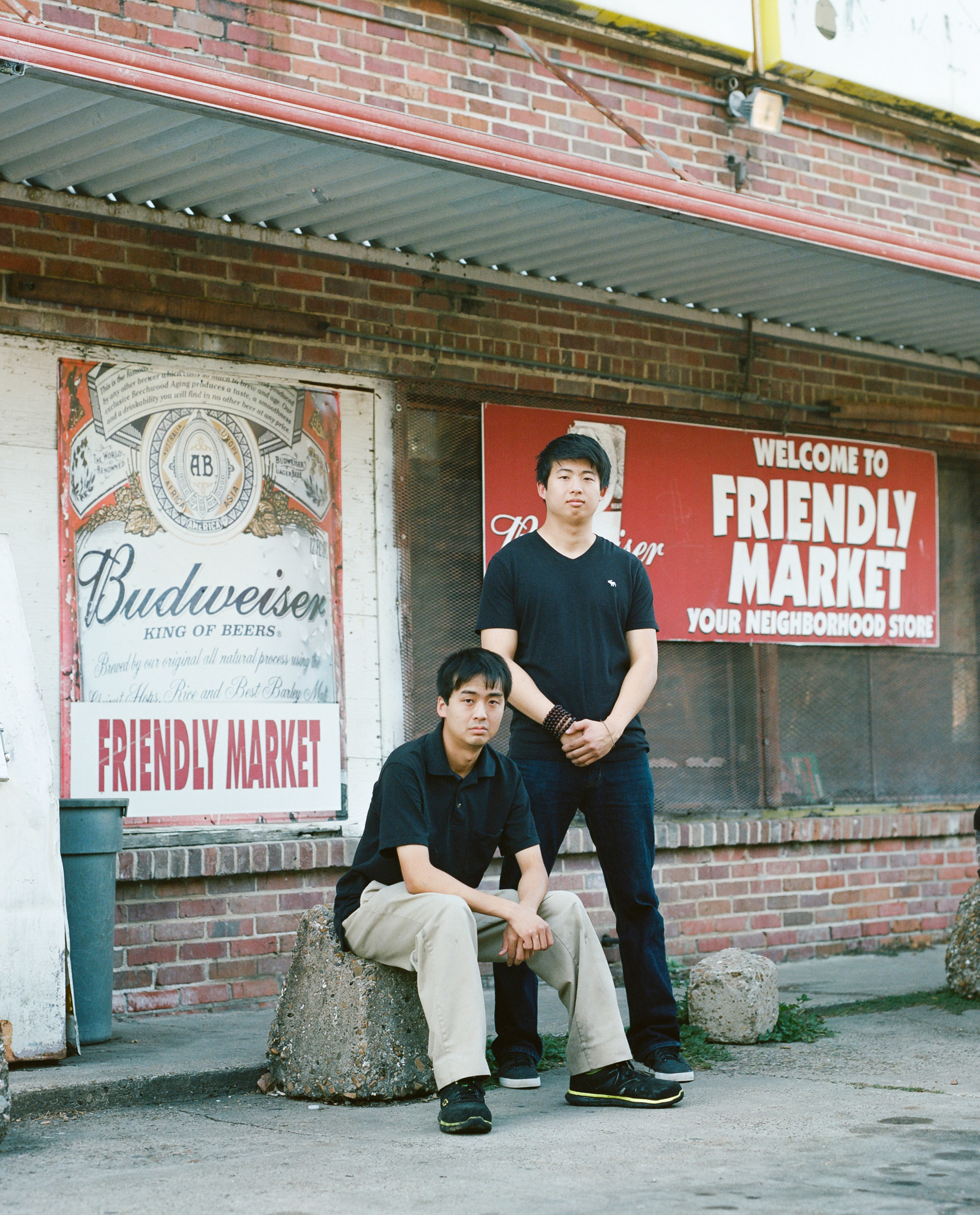
Did people talk about how they reconcile the microaggressions with the knowledge that their families have been here for four generations?
I think that's a tricky question to answer because even within the people that we interviewed, everyone had a very different experience. It really depended on which town they were in. Let's say if they were the only Chinese family and in a small town, they actually got treated pretty well because the locals would be like, These people are, like, new — let's help them adjust to American culture, whereas for some the cities where there were a lot more Chinese, I think they were treated with more hostility because they were seen as a threat.
In the ‘40s and ‘50s, they were put in a really tough position, and maybe it's still resonant now, about how this model minority myth is used as a wedge between white and Black people.
The Chinese weren't discriminated against to the extent that Black people were and that's why they could open stores. A lot of them did well, well enough to raise their kids and send them to good schools, so there was some resentment from the Black community that they were often serving. Most of the stories I've heard actually they've had very good relations with the Black community. They were in this liminal, in-between zone where they had some privileges, but not really. With some of the older people that we interviewed, they said it was a different time, you know, like, yes, there was racism, but despite that, people still found a way to kind get along.
Have you kept in touch with any of the people you interviewed in the Delta?
One of the grocery stores, which is the one in Greenville, I think it was one of the last Chinese grocers kind of still standing. We found out the year after our story published that they were going to close because Jerome was getting old, and no one was going to take over.
There were all these messages that people were leaving, saying like, You guys have been serving us for over 60 years. We'll miss you guys. I think that was 2019, and that was the last time we had some sort of touch.
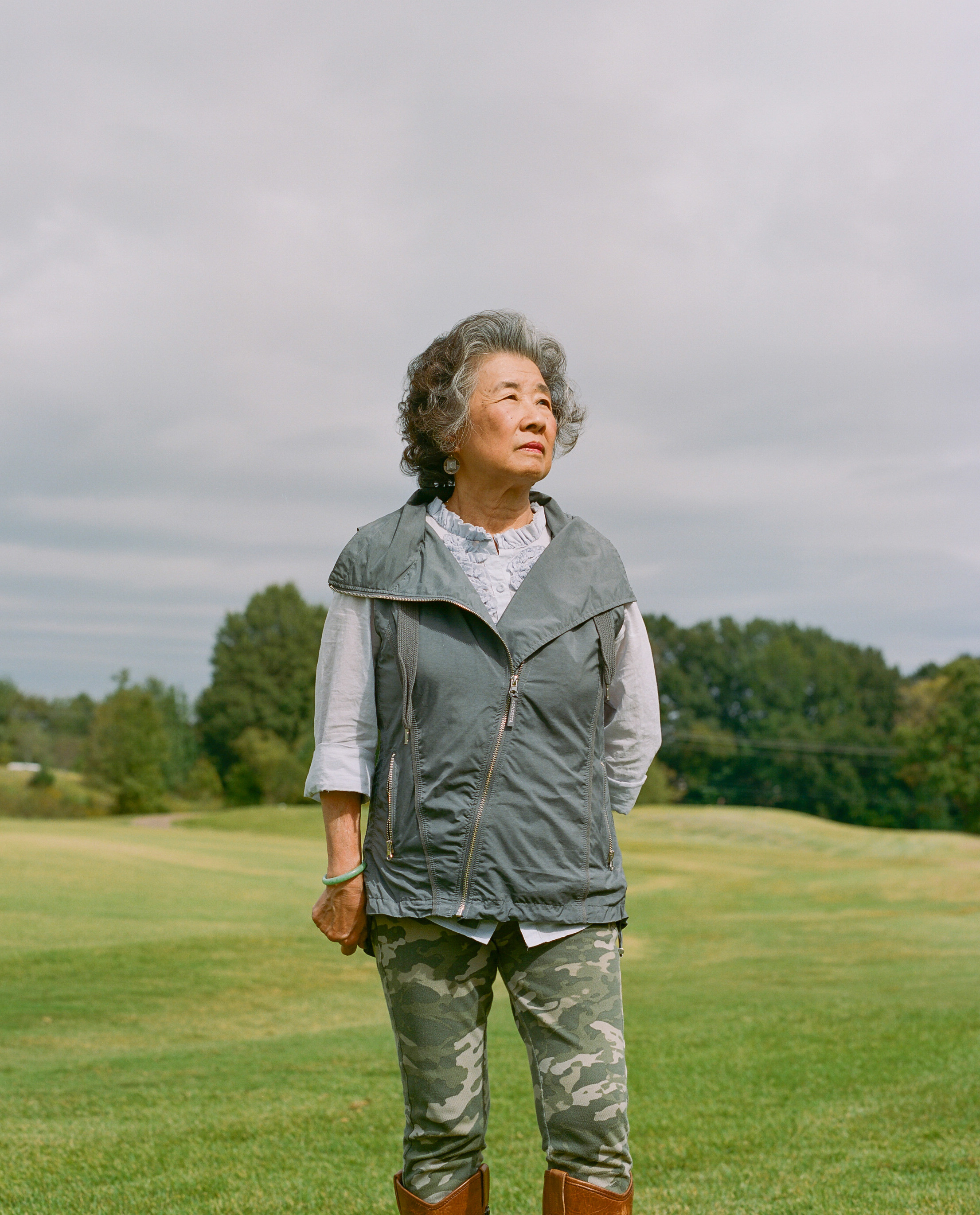
Was there a sense of urgency or importance to document this community that you were bringing to this project?
We appreciated the fact that Asian Americans come from so many different countries, so many different backgrounds, and through circumstance and through whatever historical reason they're placed in different parts of the US. We knew just based on that alone, that there's this huge breadth of the Asian American experience. For instance, a Hmong person in Minneapolis will have a very different experience from the Korean community in Bayside. We just wanted to tell different stories.
I was trying to think from the perspective of: What if you were one of 20 Asian American families in a small town? And that was just not a story I'd ever heard before. I think the Mississippi Chinese are special because they've been here since the early 1900s. They have at least a hundred years of history in a very segregated place.
Can you talk about one thing that surprised you the most while you were down there?
There was this realization that people are super adaptable — wherever you are, you'll evolve to fit into the place. I'm sure a lot of these Chinese people didn't really think that they were going to end up in Mississippi, but they did. And they made their culture out of it.
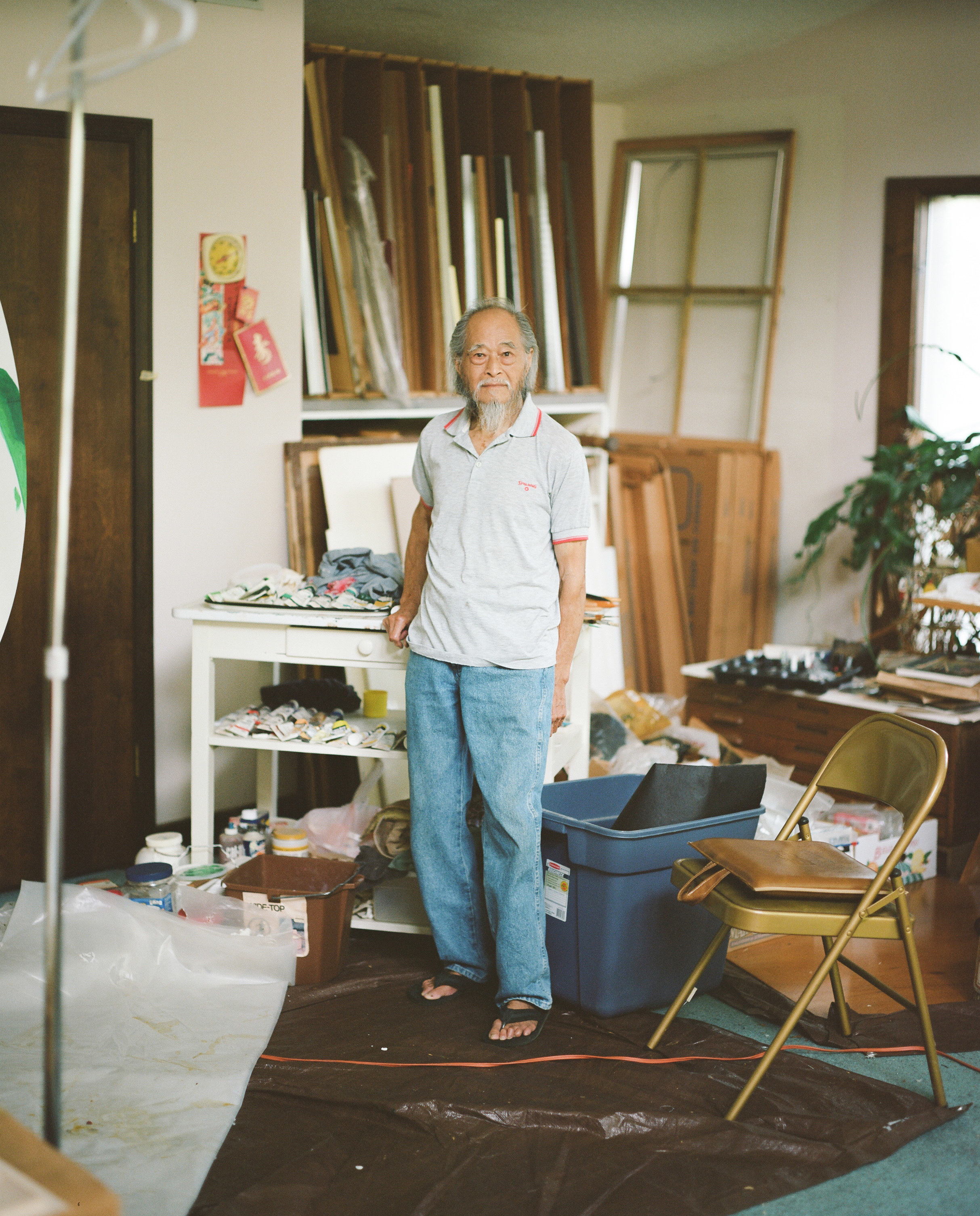
The older folk faced a lot of racism, and [when asked about it] they almost didn't want to make it an issue. That's not to say they didn't suffer — there were homes that were broken into and all that stuff, but they didn't presume to be treated equally when they moved. To them, it was almost obvious that there would be hurdles based on race.
I personally think about how much of our idea of the American identity is rooted to the soil and the earth and food rearing. It was cool to me that they came, and they staked a claim, and they wanted to have a little piece of land for themselves. The landscape was important for us to capture in tandem with the portraits, and I think that's why this project is still so special — I can't replicate this in LA or New York. It's just a different environment.
Have you thought about going to other communities?
I think about certain communities all the time. Right now I'm just focusing on my Koreatown project. That's been my main focus. I moved to LA last year from New York. I'm ethnically Korean. The Koreatown in LA is the biggest Korean community in the United States. And it's also like a place that has created such a unique character of its own, where they have a place where it almost feels like Korea, but it's completely not. It feels like if you were in Korea in the ‘80s or the ‘90s, and it really hasn't changed its flavor since then. That was something that was fascinating to me. A lot of the older mom-and-pop shops were not equipped to deal with COVID at all, because a lot of their stores rely on foot traffic. It's giving a face to this community that LA takes for granted, honestly, and celebrating them and creating a historical record for the future generation. I've been at a loss trying to make sense of why there was so much hate happening toward specifically older Asian people, because in a lot of Asian countries, elders are held with respect. It's tough because I feel like one of the answers to this is to increase empathy through storytelling, but at the same time, it feels like such a futile effort.
I think what I'm hoping with some of these stories is that if someone happens to read them and they can understand the humanity behind these people, then maybe they'll just have a better understanding of what Asian Americans are like. And I think at the end of the day, stories are the most powerful thing to change people's opinions and increase empathy.
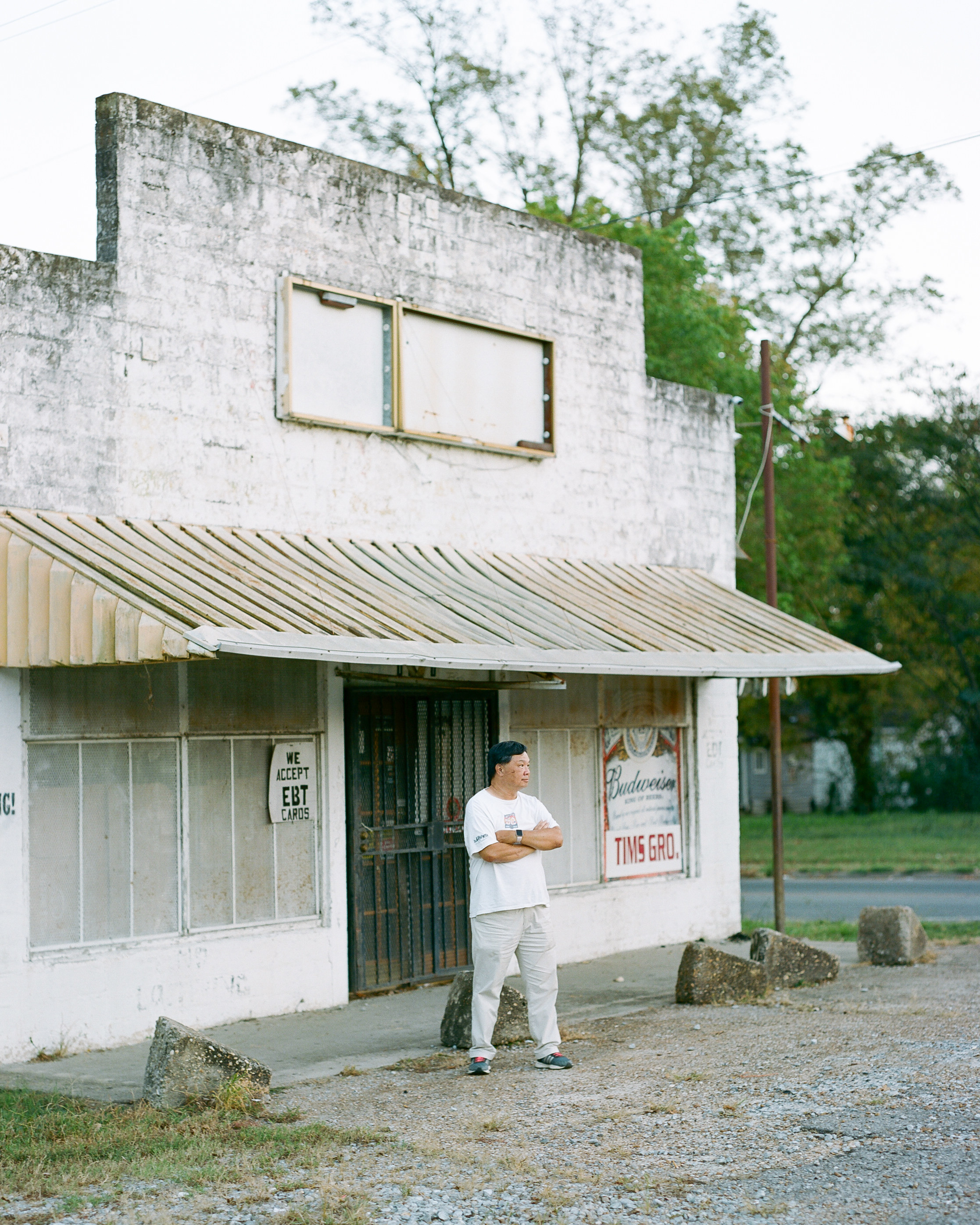
Correction: The Koreatown in LA is the biggest Korean community in the United States outside of South Korea, not in the entire world.
